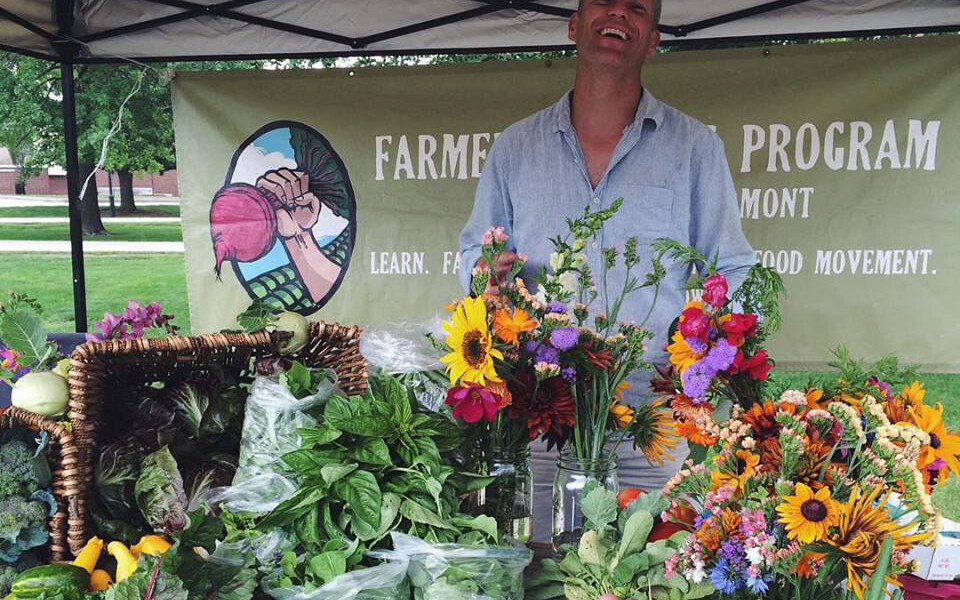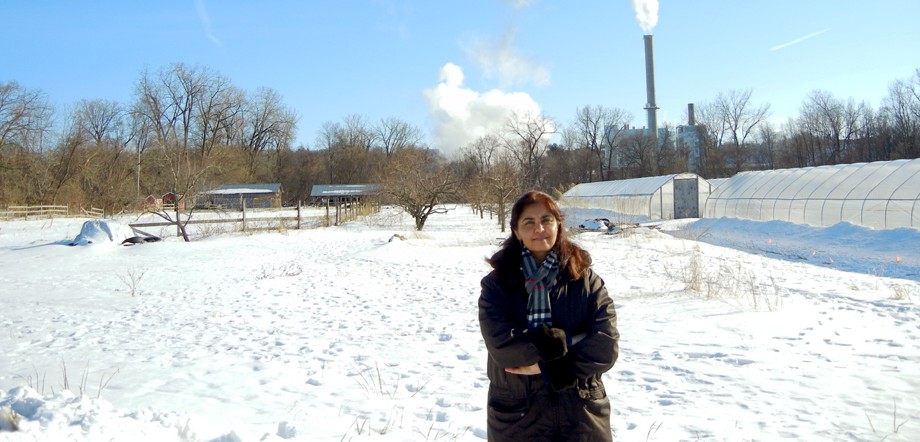Food hubs are gaining traction in the local food movement. But as with any viable enterprise, operating a food hub requires a diverse set of skills to succeed.
The United States Department of Agriculture announced last month that it’s spending millions to support local food and regional food systems – including food hubs – and to encourage research on organic farming. As consumers seek to know more about where and how their food is grown, the local food movement is becoming one of the fastest growing segments of the agricultural economy.
Tom Vilsack, the U.S. agriculture secretary, told the New York Times that local food systems and food hubs were good investments for government. There are about 300 food hubs around the country, and Vilsack says he is eager to see more.
A Need for Food Hub Training
Sixty-two percent of food hubs in the United States have been in existence for five years or less. But one significant challenge food hubs face is a need for more staff training and experience. A new Food Hub Management certificate program at the University of Vermont – the first in the nation – can provide the necessary training to help food hubs remain viable enterprises.
The program, which starts in January, offers a blend of hands-on, community-based, online and on-campus learning to prepare students for effective management of food hubs and provide essential tools to advance their career in food systems.
“Many food hubs are up-and-coming businesses with staff who need further training or experience. High quality staffing is one of the greatest challenges food hubs face, and it’s also a key contributing factor to their success,” says Cynthia Belliveau, Dean of UVM Continuing and Distance Education. “UVM’s Food Hub Management program can significantly help bridge the gap.”
Food hubs are defined by a wide set of management skills that create opportunity for various entities and organizational structures to help the local food system. A food hub is a business or organization that actively manages the aggregation, distribution, and marketing of source-identified food products primarily from local and regional producers to strengthen their ability to satisfy wholesale, retail, and institutional demand.
Food Hubs Continue to Grow
The idea of a food hub isn’t new, but the surge of new food hubs is a response to the growing demand of healthy, local food.
According to the 2013 National Food Hub Survey, nearly one-third responding food hubs began operations within the last two years, and most had been in operation for five years or less (66 hubs, or 62 percent). Of the remainder, 26 percent had been in operation between six and 20 years, and 11 percent for more than 20 years.
“Running a successful food hub requires a diverse set of skills, similar to running any type of business,” says Sona Desai, who manages the Intervale Food Hub in Burlington and will be teaching in the UVM Food Hub program. “Core skills that are needed include financial management, marketing and sales in addition to inventory, vendor and personnel management. Beyond these standard business skills, food hub staff also need a deep understanding of how our food system works from production and storage to aggregation and distribution.”
Vermont is home to several food hubs, including the Intervale Food Hub, Windham Farm and Food Network, Rutland Area Farm and Food Link, and Mad River Food Hub.
Abbey Willard, local foods administrator for the Vermont Agency of Agriculture, Food and Markets, says there at least 24 organizations in Vermont that serve a variety of functions and roles within the food system, from value-chain facilitator to processor and storage to aggregator and localized distributor. That number has grown from just six in 2009, according to the agency.
UVM’s Food Hub Certificate Program
UVM’s new program is geared toward individuals planning to create or manage a food hub, professionals with food hub experience looking to enhance their career, and food hub staff members interested in leadership development. UVM’s Food Hub Management Certificate is offered through the College of Agriculture and Life Sciences and Continuing and Distance Education.
The UVM Food Hub program was designed by the pioneers who created the first Food Hubs and a diverse team of nationally-recognized experts, including food hub practitioners, technical assistance providers who specialize in food hub development, and several members of the National Good Food Network. All classes will be taught by food hub practitioners.
“Successful food hubs present an opportunity for communities to make healthy food sourcing a profitable enterprise for producers, wholesalers, and retailers, while simultaneously improving access to local foods,” said Ann Karlen, founding director of Fair Food Philly and lead faculty member of UVM’s Food Hub program. “UVM’s Food Hub Management Program will provide hands-on training and help build a solid network of skilled practitioners in this expanding field.”
For more information, visit learn.uvm.edu/foodhubexperts.




